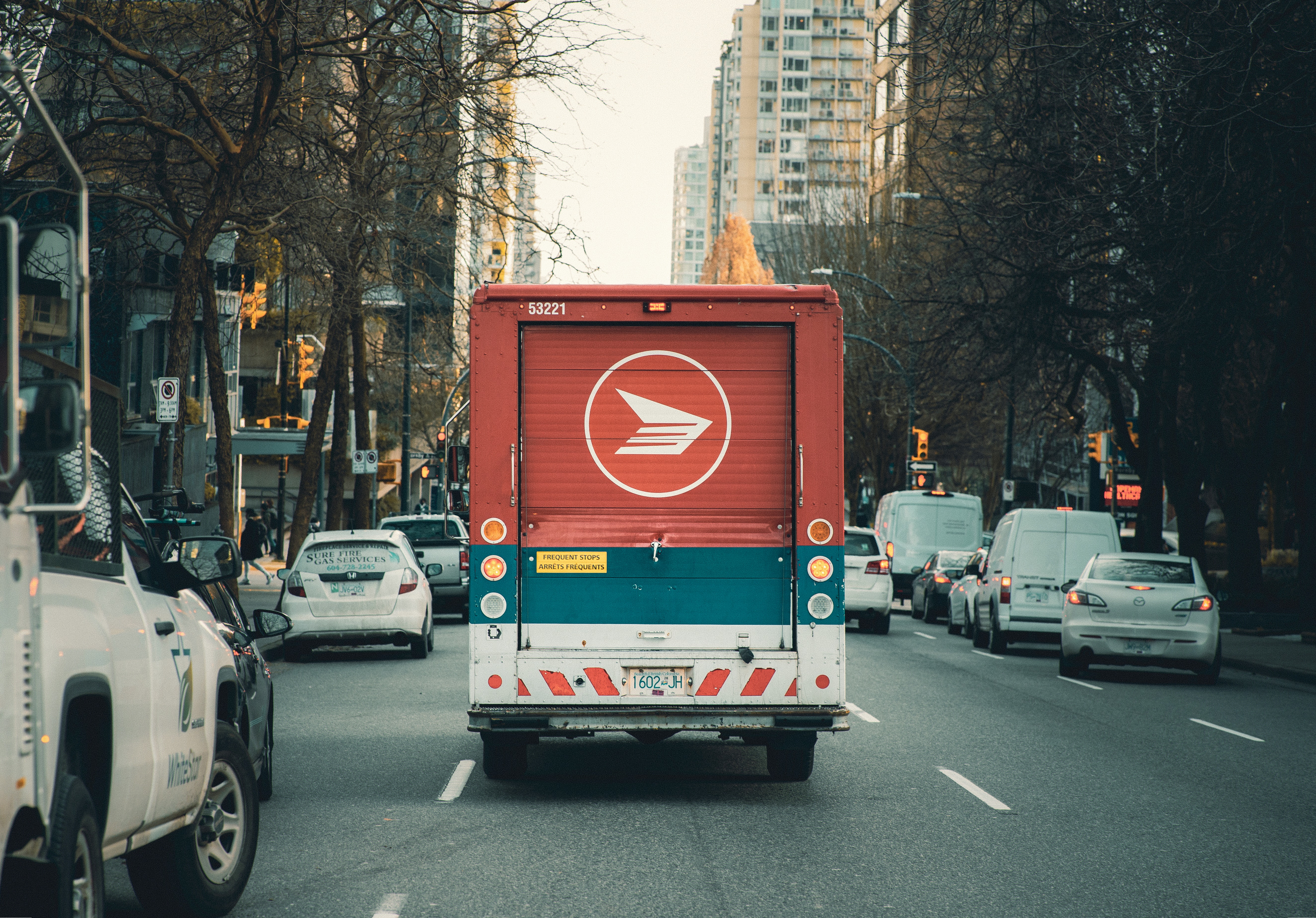UNSW Canberra PhD student a winner at Last Mile Challenge
Delivery of goods has always been an important service (online shopping, food deliveries etc.) but our reliance on this service has become even more important during periods of lockdown due to COVID-19.

